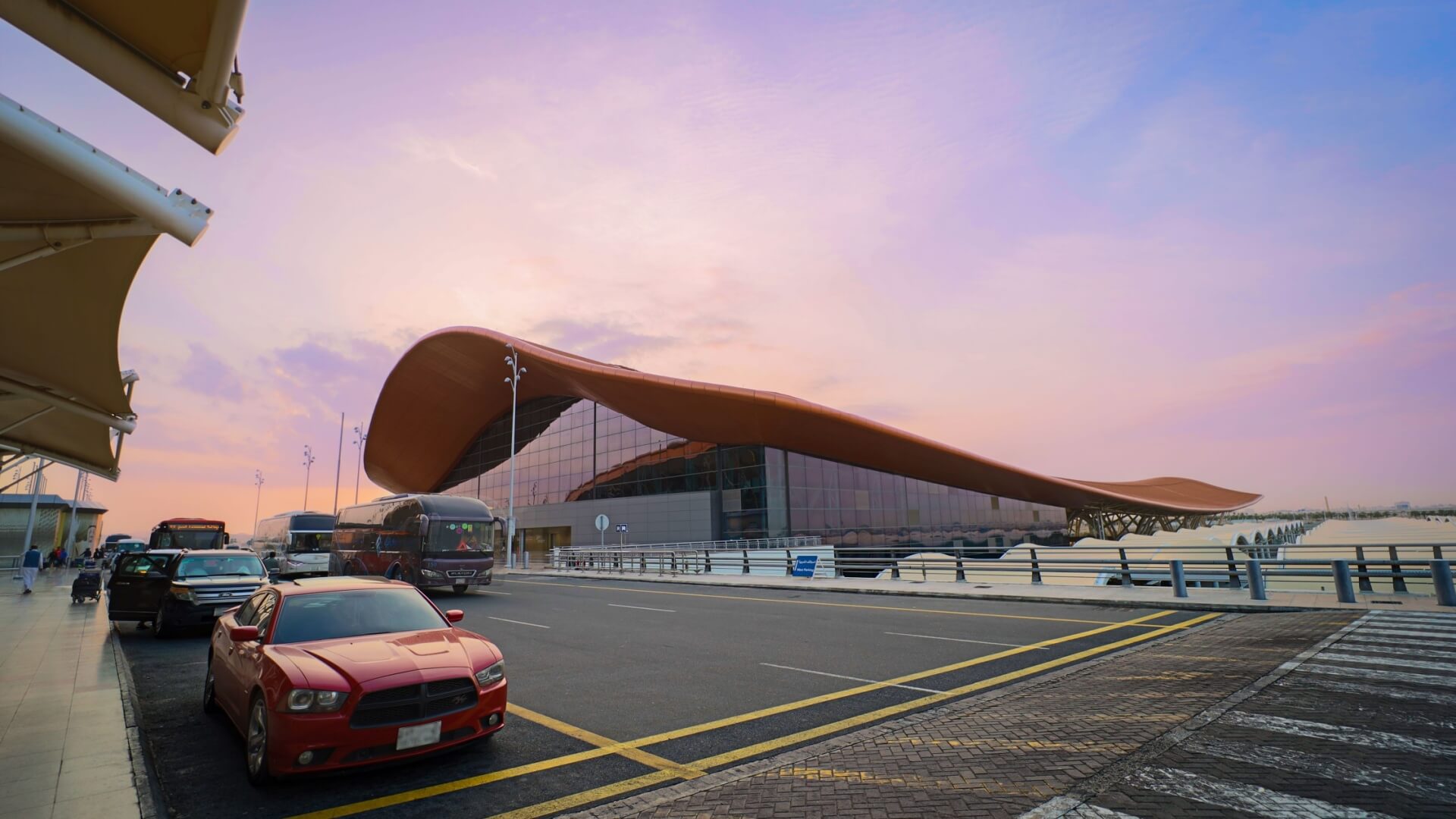What is a Public-Private Partnership (PPP) and Is it Right For You?
Public-Private Partnerships, often referred to as PPPs, have emerged as a pivotal model for fostering infrastructure development and service delivery worldwide. This approach bridges the gap between public sector ambitions and the private sector experience, creating mutually beneficial opportunities for both.
But what exactly is a PPP, and how does it fit within the context of Saudi Arabia’s evolving economic landscape? Our business law firm, Khalaf Bandar Law Firm, offers a comprehensive guide to help you understand PPPs and assess whether this model is the right choice for your projects.
What is a Public-Private Partnership (PPP)?
At its core, a Public-Private Partnership is a long-term collaborative agreement between a government authority and a private entity to design, build, finance, operate, or maintain infrastructure or deliver essential public services. The objective is to leverage the strengths of both sectors — the public sector’s oversight and resources combined with the private sector’s efficiency, innovation, and capital.
PPPs have become an integral part of modern infrastructure development as they help tackle funding constraints, improve the quality and efficiency of services, and foster economic growth. By sharing risks and rewards, PPPs facilitate sustainable, large-scale developments that might otherwise face challenges in traditional funding or execution models.
The Importance of PPPs in Today’s Economy
Governments worldwide increasingly rely on PPPs to balance economic growth with fiscal prudence. With mounting pressure to meet infrastructure demands, these partnerships offer a way to modernize and expand services without straining public budgets. This is especially true in emerging economies and regions undergoing rapid transformation, such as Saudi Arabia.
PPPs in the Context of Saudi Arabia
Vision 2030 and the Role of PPPs
Saudi Arabia is undergoing a significant transformation under its Vision 2030 agenda, a strategic roadmap to diversify the economy and reduce dependency on oil revenues. The plan heavily emphasizes the privatization of public services and assets to foster private sector participation. PPPs are highlighted as a vital tool in achieving these objectives.
Through partnerships with private entities, the Saudi government aims to bring world-class infrastructure, improve service delivery, and encourage foreign and local investment. The versatility of PPPs allows them to cater to various sectors, from transportation to healthcare, aiding in ambitious projects that align with Vision 2030.
Sectors Where PPPs Are Prevalent in Saudi Arabia
Some key sectors where PPPs are making a significant impact include:
- Transportation: Large-scale projects like the Riyadh Metro integrate private firms into urban transit development.
- Utilities: Privatization of water and wastewater services has led to improved efficiency and service quality.
- Healthcare: PPP models are being explored for building modern facilities and improving care accessibility.
- Aviation: The Jeddah Airport expansion under a PPP is a strong example of how private participation can elevate public infrastructure.
Advantages of PPPs
PPPs bring several advantages to both government entities and private sector participants. Here are the most notable:
Risk Sharing Between Public and Private Entities
One of the most significant benefits of PPPs is their ability to distribute risks effectively. Public agencies often take on responsibilities like regulatory approvals, while private firms manage execution and financial risks. This balanced approach enhances project sustainability.
Access to Experience and Innovation
Private sector partners often bring knowledge and innovative solutions. Whether it’s adopting advanced construction techniques or improving service efficiency via technology, this experience is invaluable for modernizing public services.
Improved Efficiency and Service Delivery
By leveraging the operational efficiency of private enterprises, PPPs often complete projects faster and deliver services with higher quality standards. This results in cost savings and overall better outcomes for citizens.
Challenges and Considerations in PPPs
While PPPs offer immense benefits, there are challenges and key considerations involved in making them successful:
Regulatory and Legal Complexities
Setting up and executing a PPP requires a robust legal framework, clear contracts, and defined roles for all parties. Navigating these complexities is crucial but can be daunting.
Ensuring Transparency and Accountability
Given the scale and public impact of PPP projects, ensuring transparency in financial arrangements and operations is paramount. Any lack of accountability can erode public trust.
Managing Conflicts of Interest
Projects must avoid conflict of interest situations where private benefits override public welfare. These risks demand clear regulations and diligent oversight.
The Role of Legal Support in PPPs
Given the complexities of PPP agreements, legal advice plays a pivotal role. Experienced legal counsel ensures contracts are airtight, regulatory requirements are met, and risks are mitigated.
Khalaf Bandar Law can support PPP ventures in Saudi Arabia. With deep experience in navigating Saudi government contracts and business law, we provide end-to-end legal guidance for establishing successful partnerships. From structuring agreements to resolving disputes, our goal is to ensure your PPP aligns with regulatory standards and achieves its objectives.
Is a PPP the Right Choice for Your Project?
Public-private partnerships offer transformative possibilities for governments and businesses seeking to execute large-scale, impactful projects. By sharing resources, risks, and benefits, PPPs can redefine how infrastructure and services are delivered.
However, success requires careful planning, transparent execution, and the right legal and regulatory support. If you’re considering a PPP in Saudi Arabia, consult experienced professionals like the Khalaf Bandar Law team to pave the way for a seamless experience.
Take the next step in your project’s success. Contact Khalaf Bandar Law for legal guidance on PPP agreements and legal support today.



